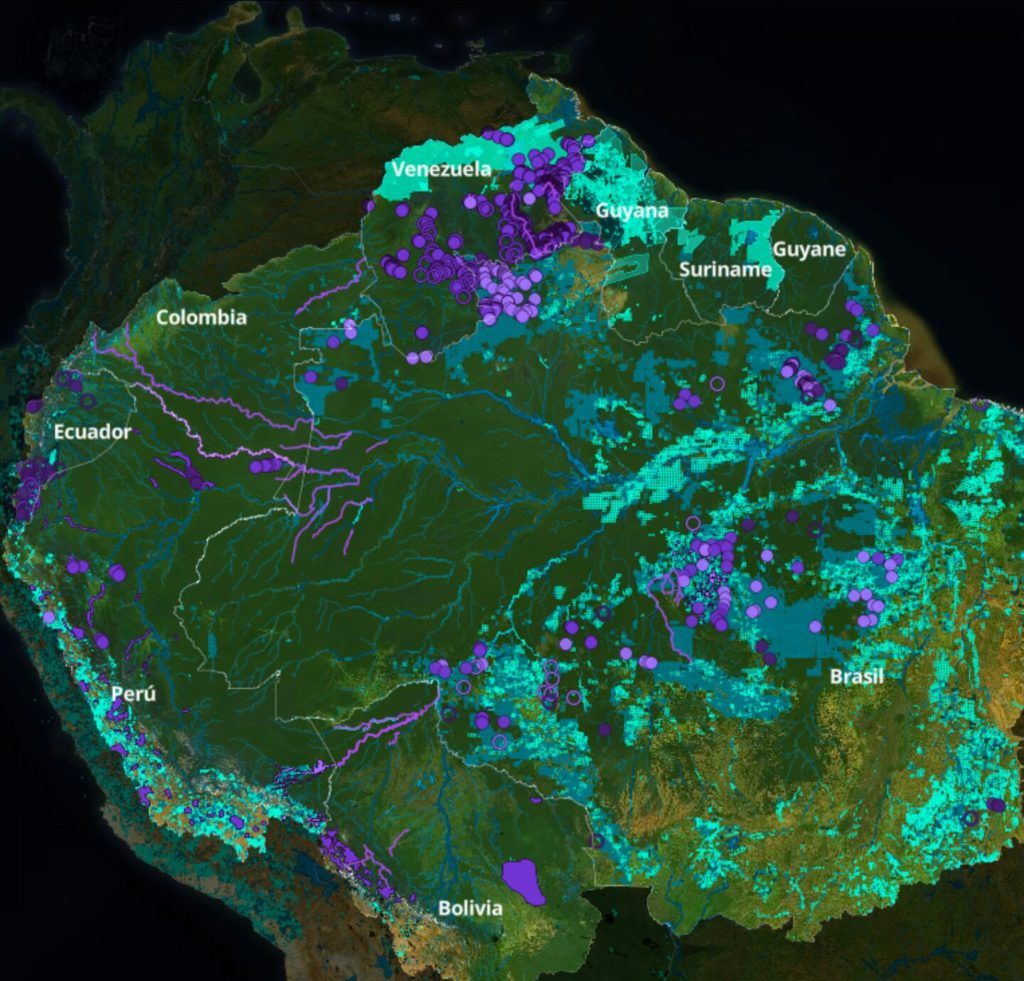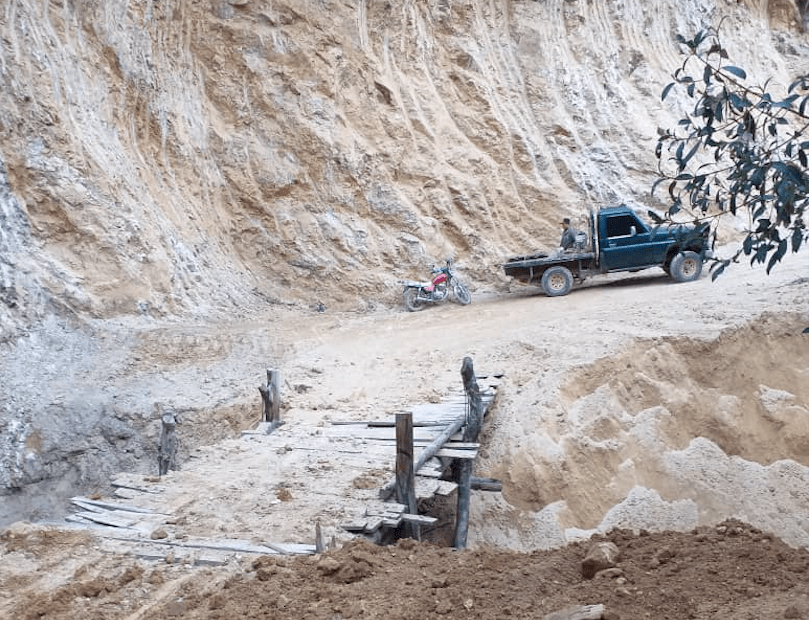In recent years we have seen how the life of Venezuelan people has reached the point of provoking the largest exodus that Latin America has seen in contemporary times. Organizations such as UNHCR estimates that, up until the year 2019, four million Venezuelans have migrated to other countries. They have escaped across the borders, desperately searching for food and seeking to gain access to basic services, among them, medicine.
The tragedy of Venezuela happens at all levels: social, cultural, political and economic. However, in the face of so much human pain, we choose to focus on various action alerts. We decry the ecological destruction and its impacts on our suffering people. We deplore a decline in the public services, the high cost of economic activities, and poor public administration. Besides the corruption in the regions, the rural populations living far from the capital are the most affected. Unlike the outside areas, the city of Caracas enjoys the nearly uninterrupted public services. Over the years, numerous official grievances have been made by the environmental groups, indigenous communities and other entities about the excessive growth of illegal mining in the Amazon.

One of the most prominent of these public grievances was made by the Regional Organization of Indigenous Peoples of the Amazon (ORPIA) on January 17, 2019. As their leaders gathered in the town of Puerto Ayacucho, Amazonas State, Venezuela, they issued a public alert condemning the illegal logging activities in the vast areas of tropical rainforest. They also called public attention to the diversion of river channels such as the Atabapo, the contamination of its waters with mercury and other toxic substances that were used in the process of mineral extraction. The national parks such as Yapacana, have suffered from a massive loss of biodiversity, soil degradation and changes in the natural cycles of ecosystems. The indigenous population, victimized by this ecocide perpetrated by the outside power-players, has raised its voices in protest. The indigenous people decried the forced displacement of their entire communities from their lands. They also spoke about how the increase in respiratory diseases, malaria, measles, alcoholism, sexually transmitted diseases, prostitution, school dropout have wreaked havoc on their communities. Furthermore, the indigenous leaders denounced the presence of irregular armed groups and described how they have disrupted the ecological and social dimensions of life in large areas of the Venezuelan Amazon.
The ORPIA (the Regional Organization of Indigenous Peoples of the Amazon), emphasizes that since 2013 it has have made various condemnations of the changes in the mining policy of the Venezuelan State framed in its project called “the Mineral Arc of Orinoco” or Strategic Development Sphere of the Mineral Ark of the Orinoco, where explore and exploit the minerals in Guyana, south of Bolivar State. Therefore, ORPIA denounces:
- Violation of the Constitution in its different articles.
- The fact that the prior public consultation process has not been carried out in a free and informed way as stipulated by Article 120 of Venezuela’s Constitution.
- Failure to comply with Article 127 of the Constitution, which mandates a prior Environmental Impact Studies.
- Non-compliance with Article 117 of the Constitution, that requires the study and effective process of demarcation of indigenous habitats and lands.
Just as the Venezuelan state is being negatively affected by all the above so are the people in the areas such as Parguaza where communities have been displaced from their native land. That in turn, exacerbates people’s poverty and deprives them of their traditional, subsistence way of life. The environmental damage inflicted on Venezuela has been so severe that it is unquantifiable, with the affected area changing from year to year. What is verifiable is that small-scale extractive projects are being turned at an incredible speed into vast areas of ecological devastation.
Another repeated, public condemnation has been made in reference to the area known as Plateado Valley. Located between the States Mérida and Táchira, it occupies part of the municipalities Ribas Dávila Guaraque, Uribante and Jáuregui. These lands have been used for livestock and high-altitude agricultural cultivation. Now, the local inhabitants protest against the valley is being laid waste by all kind of mechanical equipment used in the mining projects to exploit coltan and silver. The consequences are extreme. The headwaters of rivers such as the Mocotíes and the important arms of Uribante and Escalante rivers are affected. They make up the main hydrological system of the Andean region of the country. The environmental impacts extend to the Mocotíes Valley where, indiscriminately, all the green area is being eradicated, generating another ecological disaster in the country.
Jessica Sánchez León, OFS
JPIC Delegate
Maracaibo, The Convent | Venezuela

